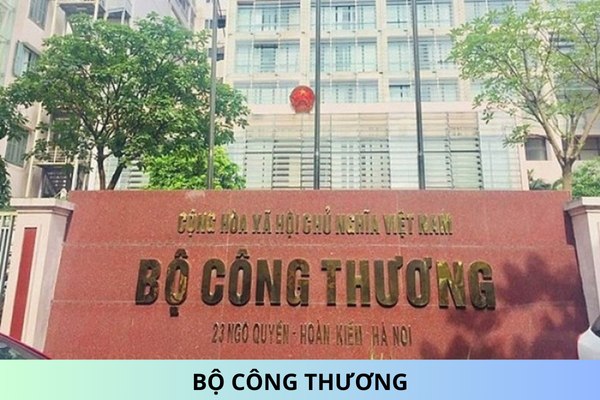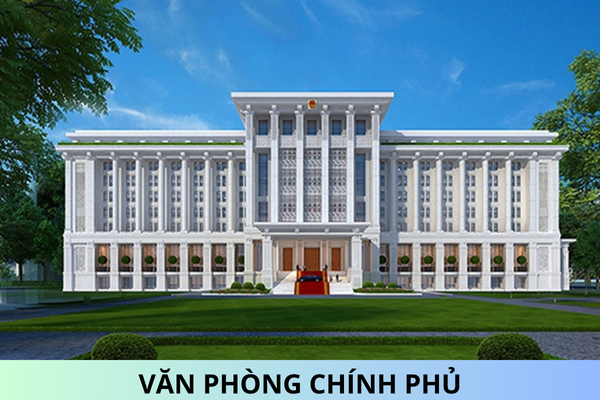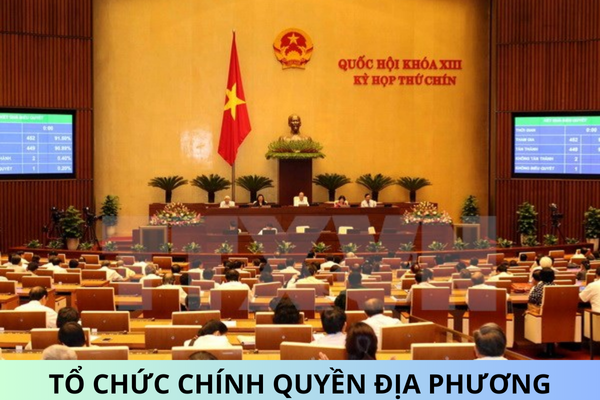Which subjects are not eligible for a salary increase after the salary reform in Vietnam?
After the salary reform in Vietnam, are there any subjects that are not eligible for a salary increase? What are the specific factors used to design the new salary scale after the salary reform in Vietnam? Question from Mr. Ngan (Nghe An).
Which subjects are not eligible for a salary increase after the salary reform in Vietnam?
Based on Clause 2.b, Article 3 of the Resolution 104/2023/QH15, the regulations are as follows:
Regarding the implementation of salary policy:
...
2. For central state administrative agencies and units implementing financial management mechanisms and special income:
a) From January 1, 2024, until June 30, 2024: The salary and additional income shall be increased monthly based on the basic salary level of 1.8 million Vietnamese dong per month, according to the special mechanism, ensuring that it does not exceed the salary and additional income increase received in December 2023 (excluding the salary and additional income increase resulting from adjusting salary coefficient, grade when upgrading ranks in 2024). In cases where the salary and additional income increase in 2024 based on the special mechanism is lower than the salary level according to general regulations, the general salary regime shall be applied to ensure the rights and benefits of employees.
b) From July 1, 2024: All financial management mechanisms and special income management mechanisms of state administrative agencies and units shall be abolished; a unified regime for salary, allowances, and income shall be applied. The current special mechanisms for regular budgetary funds under the special financial management mechanism (for operational purposes, capacity enhancement, modernization, professional activities, etc.) of state administrative agencies and units shall no longer be applied. The government shall organize the implementation and report to the National Assembly at the 8th session.
...
According to above regulations, during the salary reform, cases where officials and public employees in state administrative management agencies applying special financial and income mechanisms receive additional salaries beyond the general regime will be transferred to the new salary scale.
If the special salary and income mechanisms are abolished, the new salaries of these officials and public employees may be lower compared to before the salary reform.
Based on Subsection 3, Section 2 of Resolution 27-NQ/TW in 2018, the regulations are as follows:
Content of the reform:
3.1. For officials, public employees, and armed forces personnel (in the public sector):
a) The design of the new salary structure includes: Basic salary (constituting approximately 70% of the total salary fund) and allowances (constituting approximately 30% of the total salary fund). Additional bonuses are provided (the bonus fund is around 10% of the total annual salary fund, excluding allowances).
b) The development and issuance of a new salary scale system based on job positions, titles, and leadership positions to replace the current salary scale system; transitioning from the old salary scale to the new one, ensuring that it is not lower than the current salary enjoyed, including:
...
According to the above regulations, after the salary reform, the transition from the old salary scale to the new one must ensure that it is not lower than the current salary enjoyed.
Therefore, for officials and public employees working in agencies with special financial and income management mechanisms, their salaries may remain unchanged and not increase if the post-reform salaries are lower than their current salaries.
Which subjects are not eligible for a salary increase after the salary reform in Vietnam? - image from internet
What are the specific factors used to design the new salary scale after the salary reform in Vietnam?
According to Subsection 3, Section 2 of the Resolution 27-NQ/TW in 2018, the specific factors for designing the new salary scale after the salary reform are as follows:
- Abolish the current base salary and salary coefficients, establish the basic salary as a specific amount in the new salary scale.
- Implement unified labor contract regulations according to the provisions of the 2019 Labor Code (or service contract) for individuals performing surplus and service tasks (requiring training below intermediate level), and do not apply the public employee salary scale to these individuals.
- Determine the minimum salary level for public employees in the public sector as the salary level for individuals performing tasks that require intermediate-level training (grade 1), not lower than the minimum salary level for trained workers in the business sector.
- Expand the salary relationship as a basis for determining specific salary levels in the salary scale system, gradually approaching the salary relationship in the business sector that is appropriate to the state's resources.
- Improve the system of regular salary increments and premature salary increments for officials, public employees, and armed forces personnel in accordance with the provisions of the new salary scale.
What are regulations on the mechanism for managing salaries and income after the salary reform in Vietnam?
According to Subection 3, Section 2 of the Resolution 27-NQ/TW in 2018, the mechanism for managing salaries and income after the salary reform is implemented as follows:
- The heads of agencies, organizations, and units are authorized to use the salary fund and regular expenditure budget allocated annually to hire experts, scientists, and individuals with special talents to fulfill the tasks of the respective organizations. They decide the corresponding income levels based on the assigned tasks.
- The heads of agencies, organizations, and units establish regulations for periodic rewards for individuals under their management, linked to the results of evaluation and performance ratings of each person's job completion.
- The pilot mechanism is expanded to be applied in some centrally-administered provinces and cities that have balanced their budgets and ensured sufficient resources to implement the salary reform. Social welfare policies are implemented by increasing the average income no more than 0.8 times the basic salary fund for officials and civil servants within the management scope.
- Public service providers that self-finance regular expenditures and investments, or units that self-finance regular expenditures and receive financial resources from state funds other than the state budget, implement a self-autonomous salary mechanism based on operational results similar to enterprises.
- Public service providers that partially self-finance regular expenditures and units whose regular expenditures are fully funded by the state budget apply the salary regime similar to civil servants.
- The actual salaries are determined based on the position, job title, and professional qualifications, as decided by the heads of public service providers, taking into account the revenue sources (from the state budget and the unit's own revenue), labor productivity, job quality, and work efficiency in accordance with the unit's salary payment regulations. The salary levels shall not be lower than the salary regime prescribed by the state.
Best regards!











